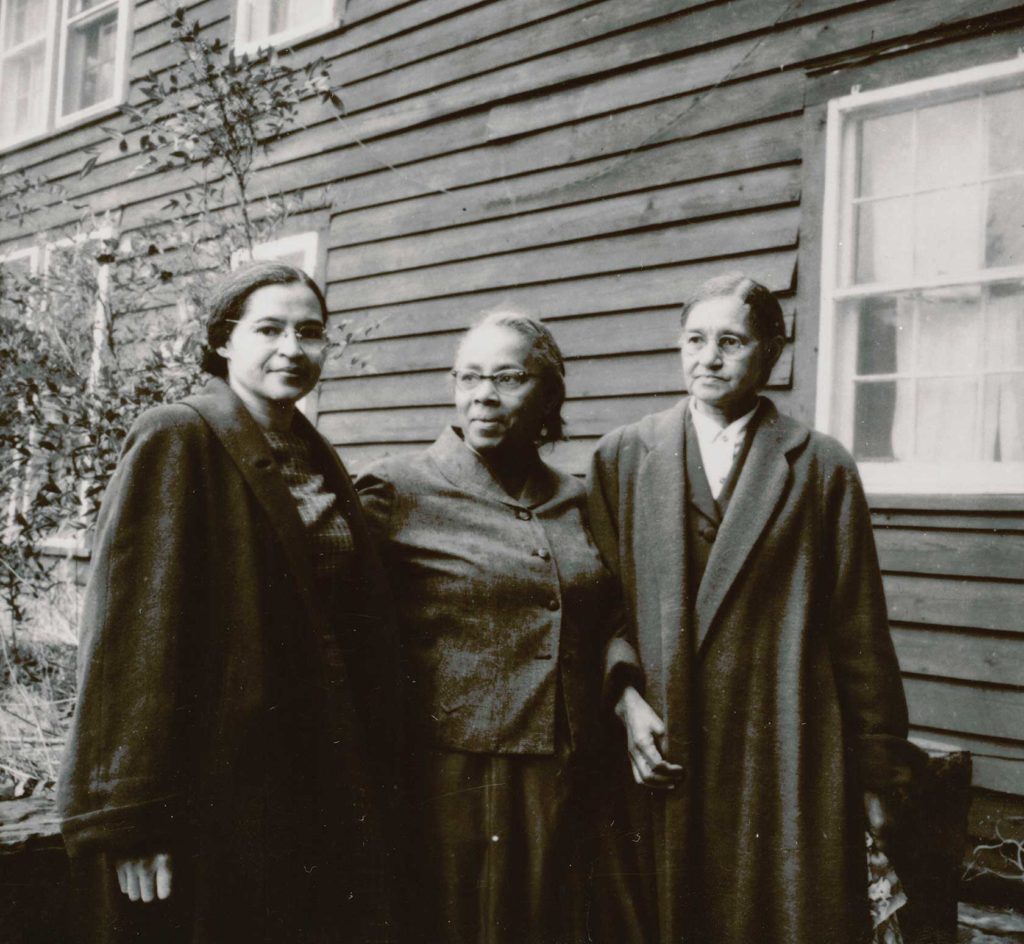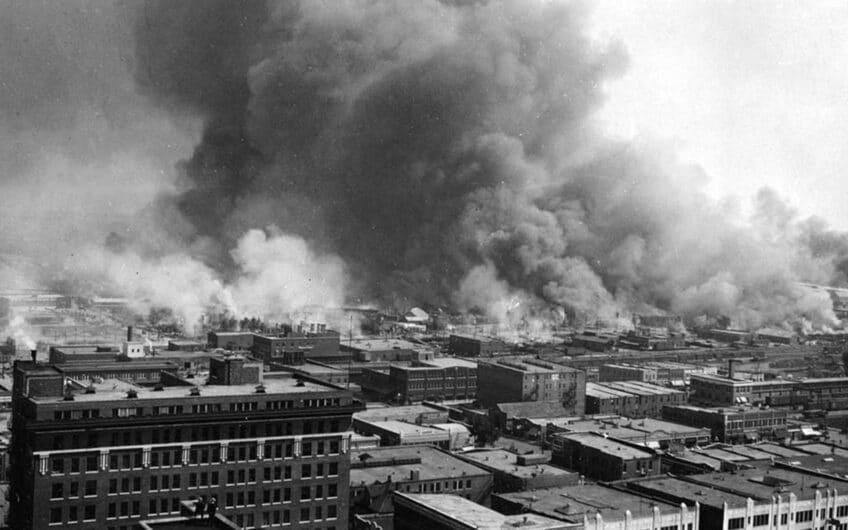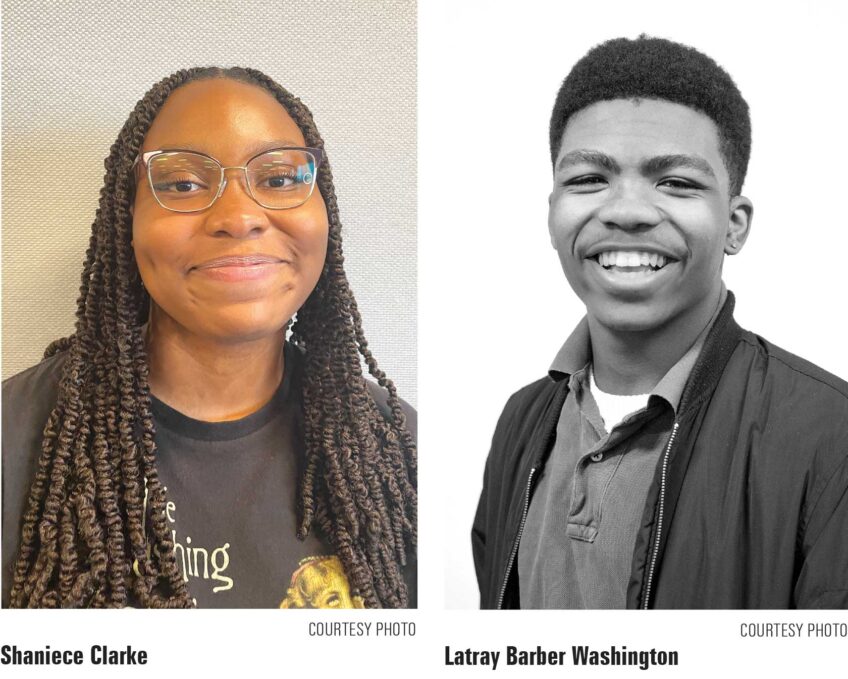
Towering figures like Martin Luther King Jr., W.E.B. Du Bois and Thurgood Marshall tend to dominate the story of the struggle for Civil Rights in America.
Only more recently have women like Harriet Tubman, Sojourner Truth and Rosa Parks begun to share the spotlight more equally. But that still leaves scores of unsung female heroes who played a significant role in the movement for racial equality. Here’s a look back a few of them:
Septima Poinsette Clark (1898-1987)
The “mother of the Civil Rights Movement,” Clark was a teacher activist who helped pave the way for Black educators to be hired by the city of Charleston, South Carolina. She remained a dogged advocate of education, teaching literacy classes so that her Black neighbors could register to vote. President Jimmy Carter awarded Clark the Living Legacy Award in 1979.
Ella Baker (1903-1986)
Though highly respected, Baker was a force away from the spotlight, mentoring and supporting Dubois, Marshall and King. She built her reputation as a movement builder, rather than as an outsized star, to the point that Baker was given the nickname Fundi — a Swahili word for someone who teaches the next generation.
Dorothy Height (1912-2010)
Height was a principal organizer of 1963’s March on Washington, working behind the scenes with far more famous Civil Rights activists like Martin Luther King Jr. She later co-founded the National Women’s Political Caucus, and was awarded the President Medal of Freedom by Bill Clinton in 1994.
Daisy Bates (1914-1999)
A newspaper publisher by trade, Bates played a key role in desegregating schools as president of the Arkansas chapter of the NAACP. She was a guiding hand in enrolling nine African American students in an all-white Little Rock high school, setting in motion a journey toward education equality.
Diane Nash (1938- )
A member of the Freedom Riders, Nash served as a student leader during the height of the Civil Rights Movement, co-founding both the Student Non-Violent Coordinating Committee and the Selma Voting Rights Movement. Her efforts continue to speak to the power of our youth to spur change.
Jo Ann Robinson (1912-1992)
The heroes of 1955’s bus boycott in Montgomery, Alabama, are seemingly well known — except Robinson. She distributed more than 50,000 flyers calling for the boycott after the arrest of Rosa Parks. Her fierce calls for justice and commitment to nonviolent protest helped define the era.
“Women’s leadership was no less important to the development of the Montgomery Bus Boycott than was the male and minister-dominated leadership.” — Jo Ann Robinson







